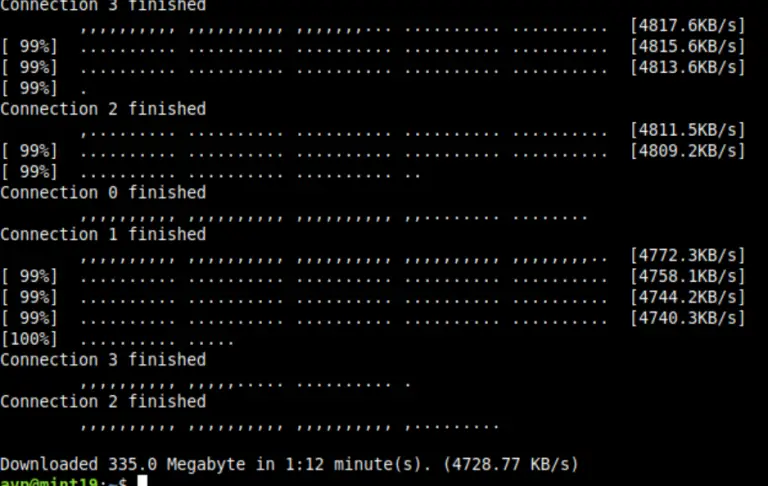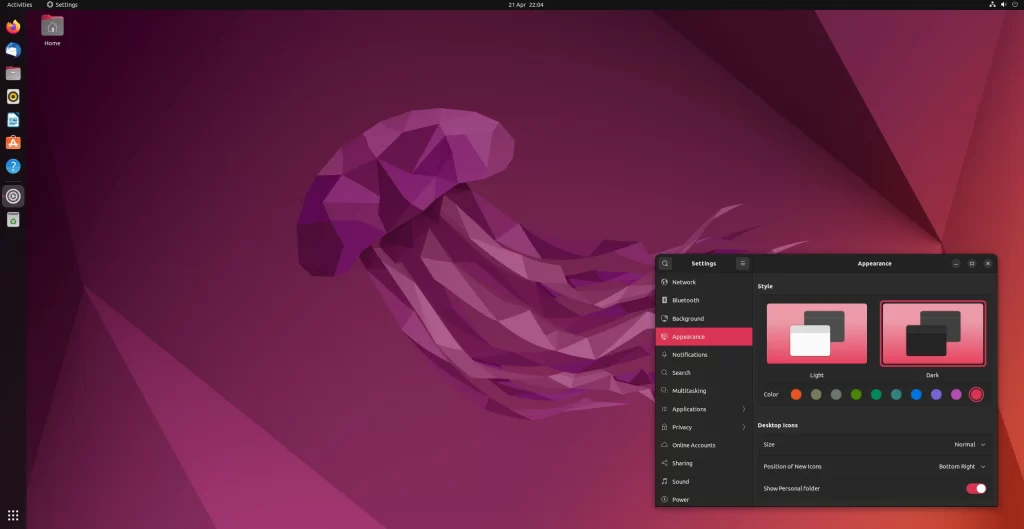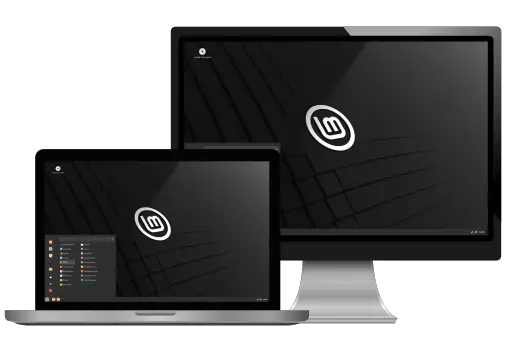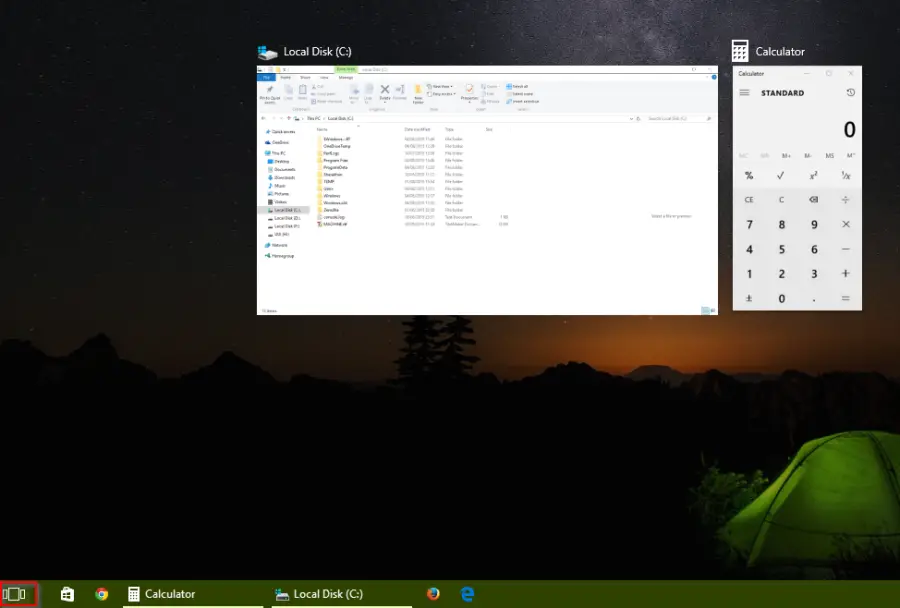The debate between Linux and Windows has been ongoing for decades. Both operating systems have their unique advantages and disadvantages, and the decision of which one is better ultimately depends on the individual user’s needs and preferences.
In this article, let us delve into the features and benefits of each operating system to help you make an informed decision.
Linux vs. Windows: An Overview
Linux is an open-source operating system that is built upon a Unix-like kernel (which is the Linux kernel). It is highly customizable, flexible, and free to use, making it an excellent choice for developers and tech-savvy users.

On the other hand, Windows is a proprietary operating system developed by Microsoft. It is widely used in personal computers and has a user-friendly interface that is easy to navigate.
Performance
Linux is known for its exceptional performance and stability. It is highly optimized for servers and can handle multiple tasks simultaneously without slowing down. Additionally, Linux has a small memory footprint, making it an excellent choice for running on older hardware and many distributions to choose from for PCs both new and old.



In contrast, Windows is notorious for its performance issues, particularly when running on older machines. It is known to slow down with extended use and requires regular maintenance to keep it running smoothly.
Customization
One of the most significant advantages of Linux is its flexibility and customizability. Users have complete control over the operating system and can modify every aspect of it, from the graphical user interface to the kernel. This makes it an ideal choice for developers and tech-savvy users who want to create a customized environment.
In contrast, Windows has limited customization options, and users are restricted to the features and settings provided by Microsoft.

Security
When it comes to security, Linux has a significant advantage over Windows. It is less susceptible to viruses and malware due to its robust security features and low market share.
Additionally, Linux has a reputation for being more secure due to its open-source nature, which allows developers to audit the code and identify vulnerabilities quickly. On the other hand, Windows is highly targeted by malware due to its popularity, and users must install anti-virus software to protect their devices.
Software Compatibility
Windows has a significant advantage over Linux when it comes to software compatibility. It supports a wide range of software, including popular commercial applications like Microsoft Office and Adobe Photoshop.

In contrast, Linux has limited software compatibility, particularly for commercial applications. However, many open-source alternatives are available that can perform similar functions.
Cost
Linux is free to use and distribute, making it an excellent choice for budget-conscious users. Additionally, it does not require costly licensing fees or upgrades.
In contrast, Windows is a proprietary operating system that requires users to purchase a license to use it legally. Furthermore, upgrading to newer versions and using additional features can come at a significant cost.
Conclusion
In conclusion, both Linux and Windows have their unique advantages and disadvantages. Linux is highly customizable, secure, and free to use, making it an excellent choice for developers and tech-savvy users. On the other hand, Windows is user-friendly, widely compatible with the software, and easy to use.
Ultimately, the decision of which operating system to use depends on your specific needs and preferences. If you are looking for a high-performance, secure, and customizable operating system, Linux may be the right choice for you. However, if you are looking for an operating system with broad software compatibility, Windows may be the better choice.